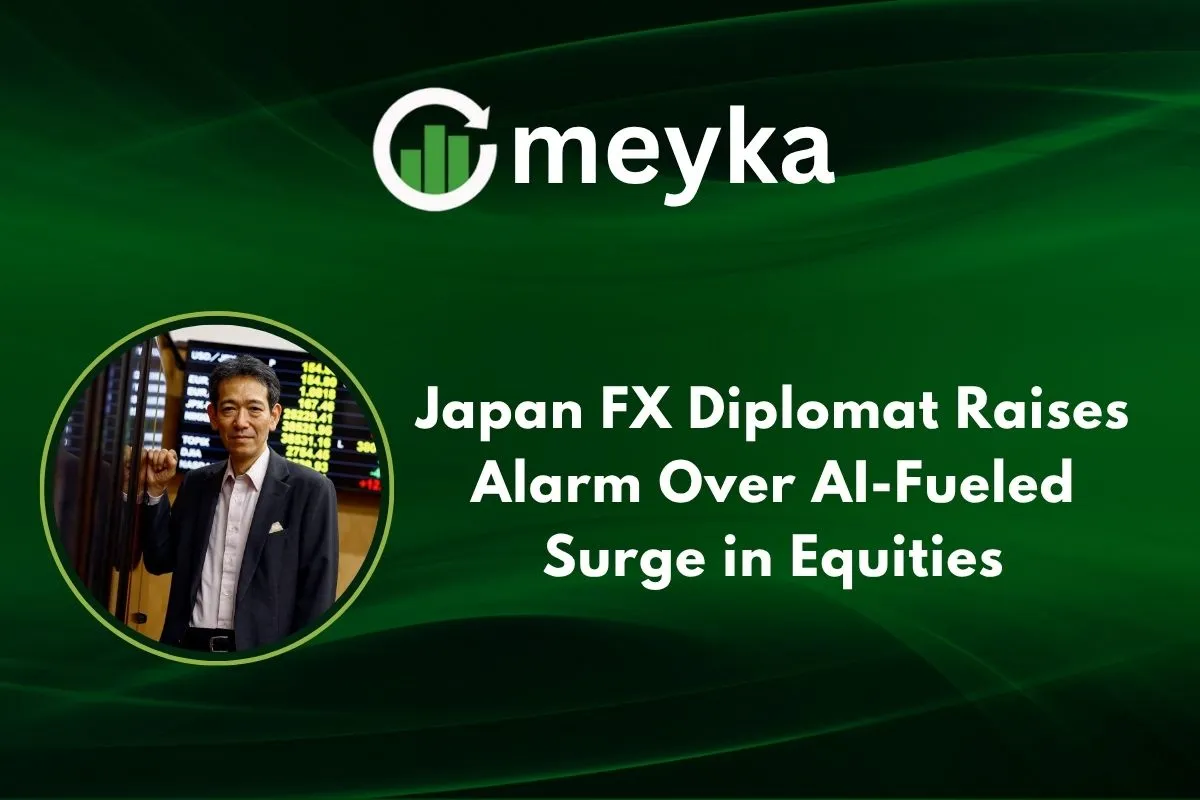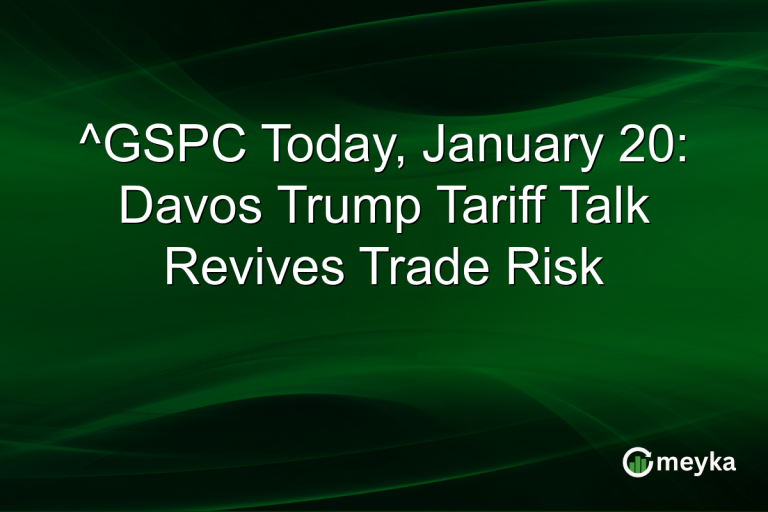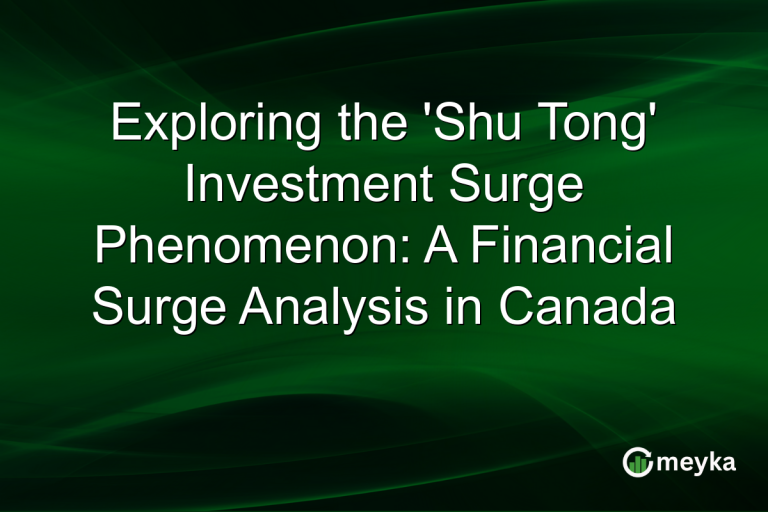Japan FX Diplomat Raises Alarm Over AI-Fueled Surge in Equities
Tech and AI-related stocks are climbing fast. At the same time, the yen is weak. It’s a mix that excites some investors and alarms policymakers. One voice stands out: the “Japan FX Diplomat”, Atsushi Mimura, Vice Finance Minister for International Affairs and Japan’s top currency official. At a recent event, he warned that the equity surge may be “a bit too rapid and going too far.” We will explore how the AI-fueled equity boom in Japan reached a tipping point. We will look at why Mimura is speaking up now, what’s driving the market moves, what risks the government sees, and what we, as investors or watchers of the market, should keep an eye on.
Continue Reading on Meyka
This article is available in full on our main platform. Get access to complete analysis, stock insights, and more.
Read Full Article →





